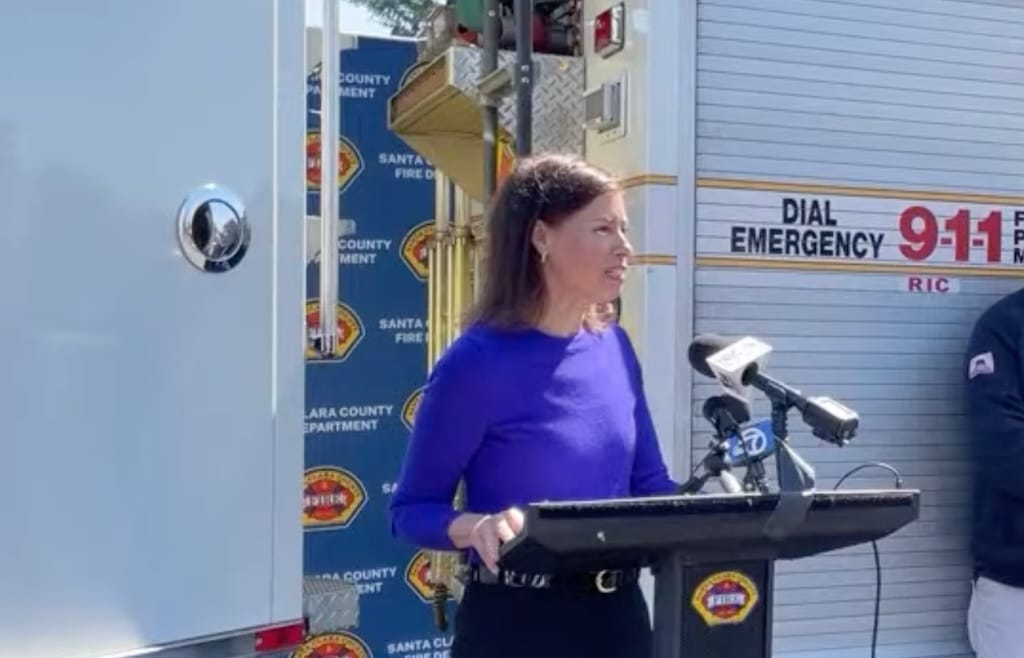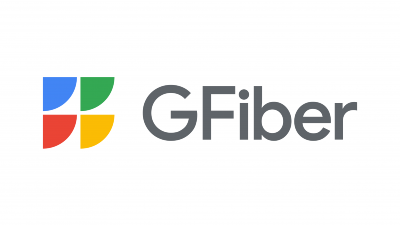
Net Neutrality
Jessica Rosenworcel spoke at the Santa Clara County Fire Department, which had its internet throttled during a wildfire in 2018.

 FCC Chairwoman Jessica Rosenworcel at the Santa Clara County Fire Department on Monday.
FCC Chairwoman Jessica Rosenworcel at the Santa Clara County Fire Department on Monday.
WASHINGTON, April 10, 2024 – The Federal Communications Commission chairwoman reiterated arguments for net neutrality as a public safety and national security measure on Monday during a round table at the Santa Clara County Fire Department.
Chairwoman Jessica Rosenworcel spoke at the San Francisco bay area fire department to highlight one of the more high-profile instances of a broadband provider throttling data – one of the abuses net neutrality rules are designed to prevent – when Verizon throttled the fire department’s internet during a major wildfire in 2018.

“Just start with the story of our hosts. When they were responding to an emergency, they discovered that the internet connection in one of their command vehicles was being throttled, compromising their ability to stay connected and fight fires,” Rosenworcel said. “But the previous FCC gave up the authority to even investigate what happened, let alone intervene in this or similar situations.”
It’s an argument the FCC has been making around its proposal to reclassify broadband as a Title II service under the Communications Act, opening providers up to a host of additional regulations aimed at curtailing abuses of market power like blocking or slowing down speeds to certain sites. The agency has argued the extra authority to take those steps and to mandate outage reporting and mitigation would allow first responders to better address disasters like wildfires and earthquakes.
The commission has also been leaning into the national security implications of the rules as lawmakers continue to express fear over Chinese telecom companies, arguing it would be better equipped to get foreign adversaries and bad actors off of American networks.
“This lack of authority also creates a security risk by limiting our ability to deny companies controlled by hostile foreign governments from accessing our broadband networks,” Rosenworcel said of the FCC’s current oversight abilities on Monday.
The agency is set to vote on reinstating net neutrality at its April 25 meeting. The measure is likely to be approved by the 3-2 Democratic majority.
Like in 2015 when the agency first moved to classify broadband as a Title II service, industry groups have consistently lobbied the commission against taking up the rules. Consumer advocates have asked commissioners to go further than the current draft of the order and take steps like requiring broadband providers to pay into a major subsidy program and clarify rules around 5G network slicing.


